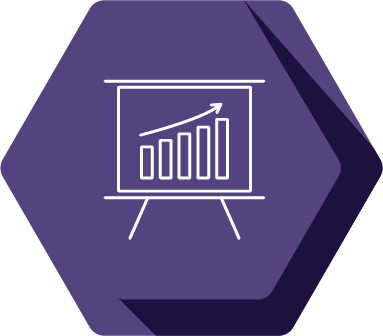Ethan Messeri

Pronouns: He/ Him
Research Mentor(s): Steve Shaw, PhD Candidate
Research Mentor School/College/Department: Marketing, Ross School of Business
Presentation Date: Thursday, April 22, 2021
Session: Session 1 (10am-10:50am)
Breakout Room: Room 5
Presenter: 3
Abstract
Humans vary a lot in their willingness to take risks. An individual’s willingness to gamble, use recreational drugs, or engage in risky financial behavior, among other behaviors, are a part of a characteristic that researchers and academics call risk aversion (Linnér et all, 2019). Researchers have begun to understand the contribution of an individual’s genetics in explaining varying levels of risk aversion. In our study we try to replicate and build on the body of research regarding risk aversion and genetics. Using data from the Health and Retirement Study (HRS), a longitudinal study following American elders and retirees from 1992 to the present, over 20,000 individuals are asked to hypothetically gamble their future income, in exchange for increasing their lifetime income. The income gambling questions allows us to observe how much risk each individual is willing to take. We wanted to replicate the finding of a large 2019 study identifying 124 specific single-nucleotide polymorphisms (SNPs; Linnér et all, 2019). We used polygenic risk scores (PRS) to determine how genetically prone each individual is to risk aversion. We then checked if these individuals displayed risk aversion in the HRS data. By replicating the work of other researchers, academics will have a better idea of how individuals engage in risky decision making and a better understanding of the biological underpinnings of risk aversion. The study will also help researchers in the genoecomics field build credibility.
Authors: Ethan Messeri
Research Method: Data Collection and Analysis






